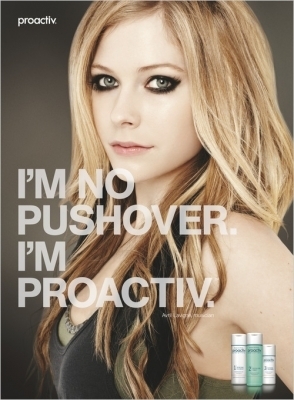After watching Food, Inc. I found myself being completely shocked by how much of the food industry deliberately conceals from us. Before watching this documentary I did have some notion that there was a food “industry”, yet I did not realize the extent of how commercialized this industry has become and how processed our food actually is. When I went home after watching the movie, I sat back looking at my dinner plate. I actually hesitated before eating, something that I never do. Even though I’m a foodie and still ate my dinner, I decided that I would make a more conscience effort when it comes to deciding what to eat in the future. My biggest impression in the film came from the untimely death of a young boy. I felt such pity for Kevin. It is unfathomable that a perfectly healthy child was killed by the negligence of our industry. The E-coli virus should not have any place in it. We should be more diligent when it comes to the safety and cleanliness of our food. His mother has been fighting for years to pass “Kevin’s Law” (a law that would help reduce pathogens in meat and poultry) for years and still faces being consistently ignored.
What stood out the most for me in this film were the farmers. The local farmers who were being completely dominated by these buying monopolies. Farming was once their pride and joy and now some farmers find themselves shackled by their own profession. They are in debt, being forced to give up their integrity and have no choice but to obey major corporations. One example would be the overproduction of corn. Farmers are producing so much of it that scientists came up with ways to do more with it. In other words scientists have been creating, high fructose corn syrup, xanthan gum and more additives out of corn. The government even pays farmers to overproduce this crop. Over 90% of processed food products have some traces of corn within them. Aside from that this excess corn is being used to feed cows. Cows are supposed to be fed grass, but instead they are being fed cheap corn which is hard to digest. This then can produce the E-Coli virus in a cow’s stomach. The cows are so tightly packed together, that then they all catch the virus. Another problem would be that farmers are forced to grow chickens faster. Chickens usually needed three months to grow, yet are now grown within half the time. They are bigger because of the hormones they are grown with. Their bodies can’t support the weight so these poor chickens live a life of torture. They sit in their own excrement unable to support their weight never seeing the sun. Monopolies such as Tyson and Perdue have forbade farmers from showing this truth. One farmer that showed the inside of a chicken house had her contract terminated. Companies like these have forced farmers to go in such debt, without providing them with any monetary compensation. These farmers have basically sold their soul to the devil.
I like that this film interviewed such a large spectrum of people. So many perspectives were shown. It was unfortunate that the the perspectives of monopolies could not be shown because they refused to be interviewed. I did not like the graphic nature of this film just because I do not like to see farm animals and people undergo such torture. Even though it was not easy to watch, it was essential in the film. These images reveal the truth and the extent of the food “industry’s ugly secrets”. We can not always sugarcoat life.
If I were to create a food formula I would make it short and simple. I would say try to eat food that is organic, take advantage of shops such as “Trader Joe’s” (the food is organic and more affordable), eat foods that are less healthy(processed) in moderation, drink plenty of water, and exercise regularly. I would follow this formula because it does not force a person to be perfect. You are trying your best and making a conscience effort to eat better. Even if you can’t always follow a food formula, it is better to try to improve than to be completely oblivious to what you are putting into your body.

